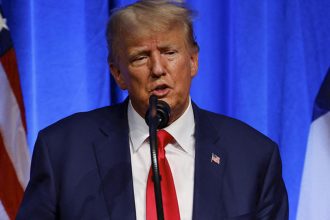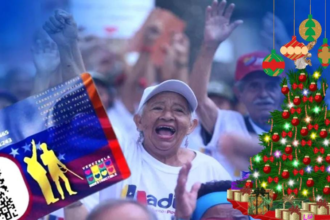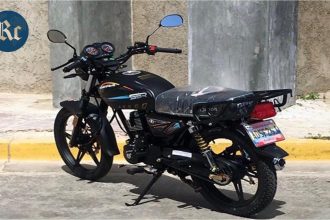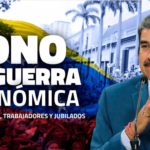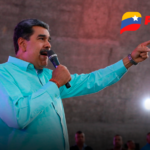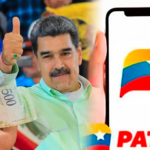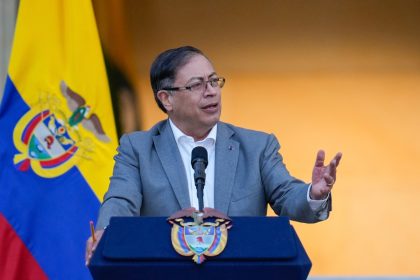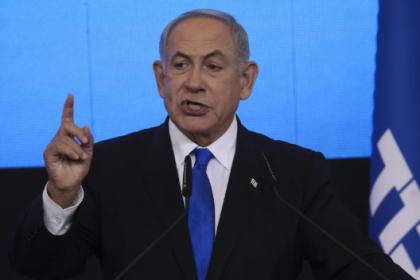Luis Manuel Díaz, father of Colombian football player Luis Díaz, was released on Thursday by the National Liberation Army (ELN), who had kidnapped him 12 days ago, an incident that kept Colombia on edge. The news was confirmed by sources from the Colombian government and army. The ELN handed Díaz over to a humanitarian commission from the United Nations and the Catholic Church at a location in the southern department of La Guajira, where they verified that he was in good health. After his release, the father of the Liverpool star was flown by army helicopter to the town of Valledupar. Liverpool will play on Thursday afternoon and Luis Díaz will be in the starting lineup. One Week of Nerves Díaz was abducted at gunpoint by members of the guerrilla organization on October 28, as he was leaving a gas station in Barrancas (La Guajira department), a town near the border with Venezuela. The 58-year-old man, father of the Liverpool forward, was accompanied by his wife, Cilenis Marulanda, whom the kidnappers released after having an accident with the vehicle they were traveling in, according to local media reports. The Colombian government deployed hundreds of troops, as well as several helicopters, to try to locate Díaz. Although initial theories pointed to the incident being carried out by a criminal gang, later the government delegation, which is currently engaged in peace talks with the rebel group, stated that they had “official knowledge” that the kidnapping had been carried out by “a unit of the ELN.” The suspicions were confirmed by the guerrilla group itself, which announced through a statement that they would release the captive. “The Northern War Front has squads with economic missions, and one of them carried out a deprivation of liberty, which, upon being reported and verified to be the father of Lucho Díaz, his release is ordered because he is a relative of the great athlete that all Colombians love,” said the armed organization. However, Eliécer Herlinto Chamorro Acosta, alias Antonio García, one of the ELN leaders, went further and described what happened as a “mistake.” “The retention of Luis Díaz’s father carried out by the Northern War Front was a mistake. Luis is a symbol of Colombia, and we in the ELN feel that way,” said the guerrilla, through a message sent via Telegram and published by the newspaper “El Tiempo.” The authorities launched a large-scale operation to try to locate the kidnapped man. Blow to Peace The ELN, made up of 5,800 members, including about 2,800 combatants, is considered a terrorist organization by both the US and the European Union. The insurgent group, accused of financing itself through drug trafficking, kidnapping, extortion, and illegal mining, agreed to a six-month bilateral ceasefire with the Colombian government that began in August as part of the peace talks they are holding with President Petro’s administration. However, some of its leaders stated that the truce does not include “retentions,” as they call kidnappings. Colombian authorities offered a reward of 200 million pesos ($49,000), but denied having negotiated Díaz’s release. The kidnapping of the Liverpool forward’s father sparked a wave of outrage in Colombia. National Outrage The kidnapping generated a wave of outrage in Colombia, with protest marches in several cities, some of them led by his wife. Footballer Luis Díaz, 26, who has played 43 times for the Colombian national team, was signed by Liverpool in January of last year in a multimillion-dollar deal and is one of the stars of the English team. The kidnapping of his father was seized upon by opponents of President Petro to demand that he suspend talks with the ELN. “There can be no peace with kidnappings,” wrote former Colombian president Álvaro Uribe on his Twitter account. A view not shared by former president Ernesto Samper, who called on his compatriots not to listen to “war-mongering sectors” who “prefer that the table (of negotiations) be ended and we return to war.” “The country must understand that despite all these difficulties, we have to continue with the process, which is what can prevent these events from happening again in the future,” he said in an interview with La W radio. Díaz’s kidnapping called into question the ceasefire signed last August between the government and the ELN. Analysis by Daniel Pardo, BBC correspondent in Colombia For peace negotiations that are inherently sensitive and fragile, this was a huge blow to their credibility. The justification given by the front responsible for the kidnapping, that Díaz was released because he is the father of a football player, sounds at least discriminatory to the majority of Colombians who do not have high-profile relatives. While kidnappings in Colombia are not as common as they were in the 1990s and early 2000s, they have increased in the last three years and become a cause for concern among citizens. Although it is likely that the central command of the guerrilla group was unaware of the kidnapping (since this guerrilla operates in a federal and decentralized manner), the international and public connotation of the case makes it impossible for Colombians not to link the peace negotiation with this kidnapping. The difficult negotiations between the state and the Revolutionary Armed Forces of Colombia (FARC) between 2012 and 2016 had several consequences: other armed groups became stronger, the conflict in general became fragmented, and the idea that peace is far from being achieved and that the guerrillas cannot be trusted was generated. This means that any negotiation, especially on the benevolent and absolute terms in which Petro presents it, requires a minimum level of tolerance from the Colombian people. The political impact of the kidnapping of such a beloved figure not only has effects on the negotiation with the ELN, but also on the processes being carried out with other armed groups and, in general, on Petro’s “total peace” project. Now the government will have to analyze whether to suspend negotiations or, on the contrary, aim higher, with the risk of failure and further deterioration of its popularity.
Con información de efectococuyo.com




